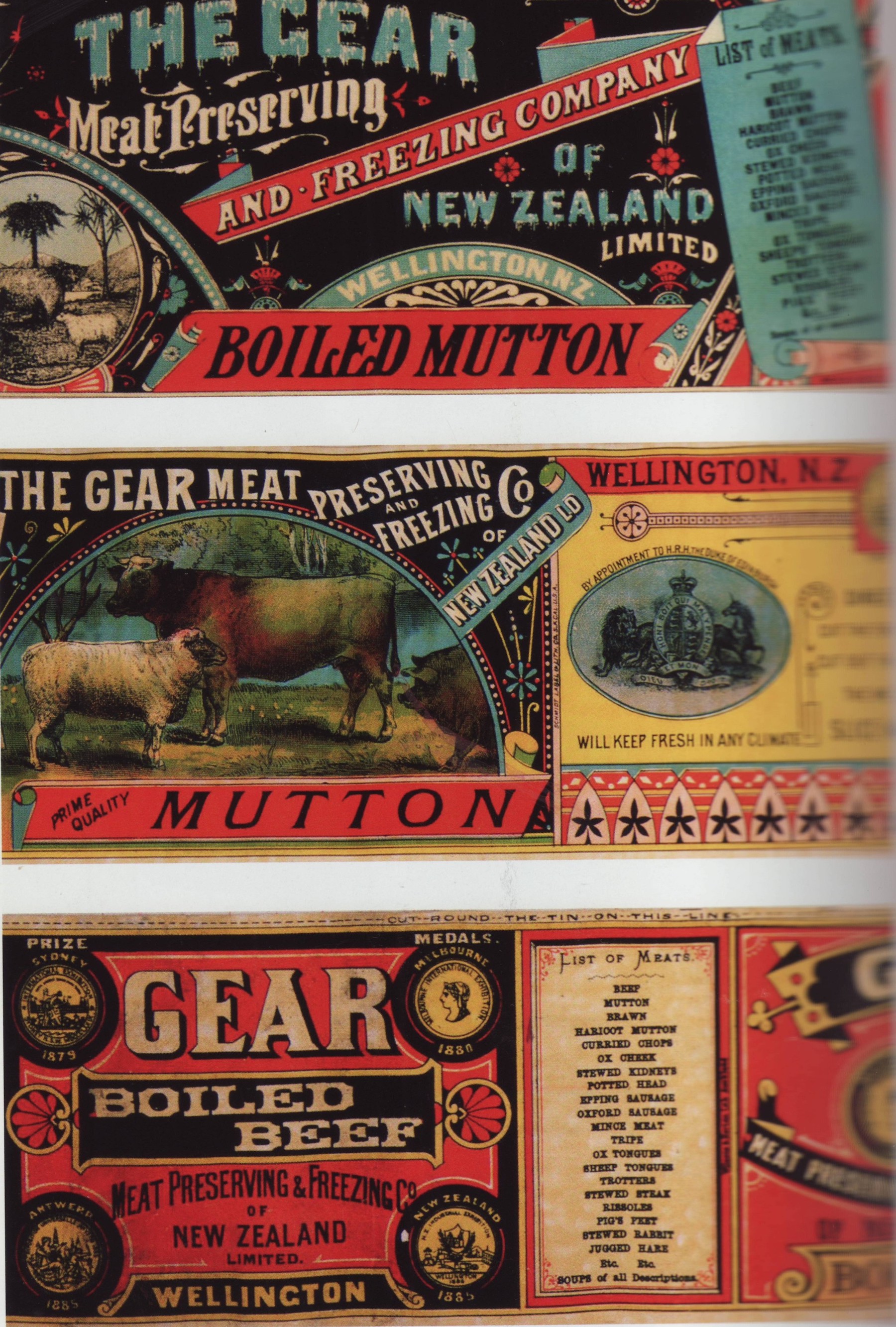
Chair Elisabeth Luard introduces Dr Lizzie Collingham, invited speaker for our upcoming Symposium on Portable Food
Dr Lizzie Collingham, our distinguished Plenary Speaker on Saturday at the Oxford Symposium Weekend – July 8th-10th 2022, as if you didn’t know! – is one of the UK’s most respected historians of the British Raj. Her interest in food away from its natural habitat is thoroughly explored in The Hungry Empire: How Britain’s Quest for Food Shaped the Modern World (Bodley Head, 2017). Abandoning the usual (sometimes) dusty blueprint for academic publications – though the author provides plenty of source-references and a full biblio – each of the twenty chapters are based on individual stories gathered from contemporary first-person accounts and imaginative literary sources. These, fans of Helen Fielding will be happy to hear, include a particularly fraught New Year’s Day turkey curry buffet lunch as described in Bridget Jones’ fictional Diary.
Chapter titles give the flavour of what’s within. The headline “In which a slave family eat maize mush and possum on Middleburg plantation, South Carolina (1730’s)” is subtitled: “How the American colony of South Carolina was built of African rice“. The subject is introduced through a scene [as described in Charles Ball’s Fifty Years in Chains] that could, the author points out, have been transported from Africa, a family gathered around the open hearth in front of their cabin where “tasty food was their principal source of comfort after working in the rice fields since first light. The father was a good hunter and had found an opossum in one of his traps the previous evening; the animal was now roasting on a stick stuck into the ground next to the fire. Squatting on their haunches, the family each tore a piece of maize ‘porridge’ off the mass in the big iron pot, rolled it into a ball and dipped it into a small clay jar of sauce. This evening the relish was made of sorrel and watercress the children had collected from the edges of the rice fields. It was delicately flavoured with sesame…a favourite seasoning brought over from Africa…which grew in the small garden next to the cabin.”
Another heading proposes a taste of fish-day on the Mary Rose, at anchor in Portsmouth harbour in 1545, as preamble to examining the foundations of Empire through the trade in Newfoundland cod. Since, the author explains, the ship was being prepared for war, the crew ate on the cramped gun-deck, each man entitled to one quarter of a 24-inch salt-cod, with rations of butter, fresh bread, beer and cheese also provided: “They tied the fish into cloth bags…each bearing the mark of their particular mess [thus ensuring] that even though the fish disintegrated into flakes as it cooked, every mess received their fair share….When it was ready, it was carried back up [from the galley] to the hungry crew on the gun-deck. In each mess, the fish was doled out in equal portions into the men’s wooden bowls, and they set to eating with wooden spoons.“
Dr. Collingham is Associate Fellow of Warwick University, Royal Literary Fellow at Newnham College Cambridge, and teaches at the University of Gastronomic Sciences in Pollenzo. Publications include Imperial Bodies: The Physical Experience of the Raj. c. 1800–1947; and Curry: A Tale of Cooks & Conquerors. Her most recent publication, The Biscuit (Bodley Head, 2020) examines the world’s most portable foodstuff.

Illustration from The Hungry Empire: How Britain’s Quest for Food Shaped the Modern World
